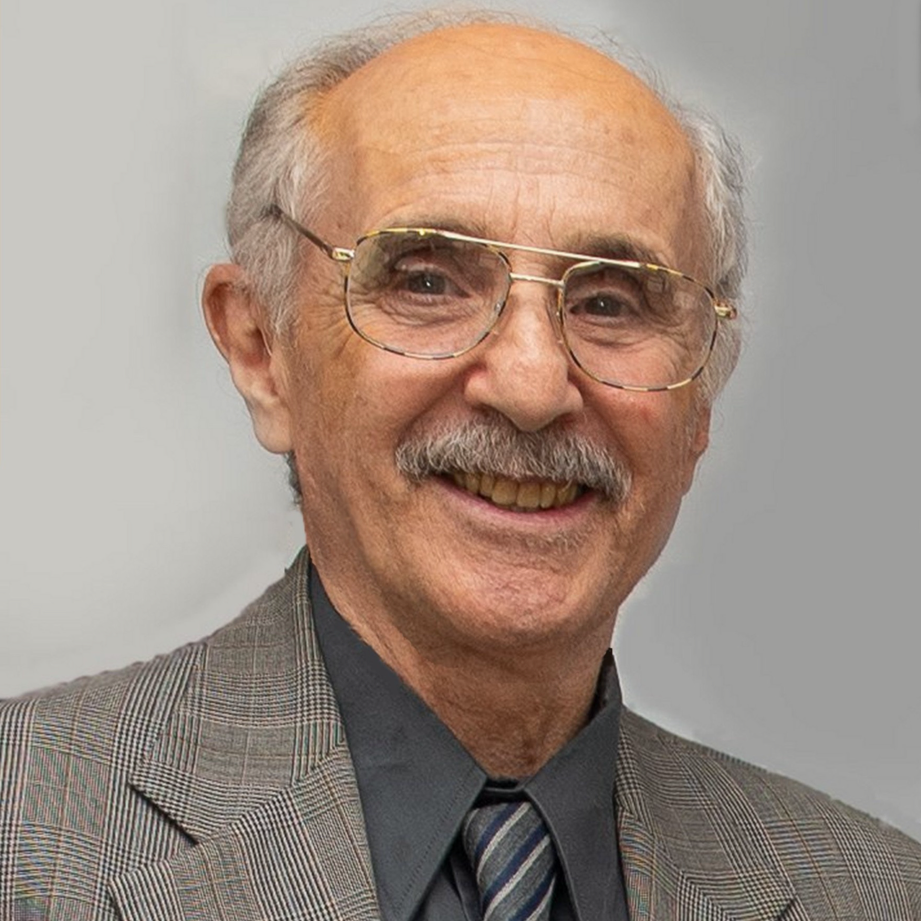
Edward S. Rubin
Alumni Chair Professor of Environmental Engineering and Science Emeritus
Professor of Engineering & Public Policy and Mechanical Engineering
Senior Fellow, Wilton E. Scott Institute for Energy Innovation
- Wean Hall 5109
- 412-268-5897
Department of Engineering and Public Policy
Carnegie Mellon University
5000 Forbes Avenue
Pittsburgh, PA 15213
Bio
- Carnegie Mellon 1969-
Education
- Ph.D. (Mechanical Engineering), Stanford University, 1969
- M.S. (Mechanical Engineering), Stanford University, 1965
- B.E. (Mechanical Engineering), City College of the City University of New York, 1964
Research
Professor Rubin's research addresses technical, economic and policy issues related to energy and the environment, with a strong focus on climate change mitigation and control of pollutants from industrial and power generation sources. His group pioneered the development of the Integrated Environmental Control Model (IECM), a stochastic simulation model used worldwide for designing and evaluating cost-effective emission control systems for thermal power plants, including current and advanced process for carbon capture and storage (CCS). In 2019, a literature review of CCS and its impacts identified Rubin as the most highly cited and published author in the field.
Dr. Rubin also studies the nature and pace of technology innovation for energy and environmental systems and the factors that influence it, including the role of government policies. Insights from this work have been used to estimate future cost trends for advanced power systems, and the influence of technological change on climate mitigation strategies. Additional research on energy and environmental systems, sustainability, and other topics is pursued in collaborations with the Carnegie Mellon Electricity Industry Center (CEIC), the Center for Climate and Energy Decision-Making (CEDM), the Steinbrenner Institute for Environmental Education and Research, and the Scott Institute for Energy Innovation.
Publications
Dr. Rubin's publications can be accessed here.
Copies of all papers, reports, and talks can be downloaded free of charge. The publication list is easily searchable by year, topic, keywords or names.